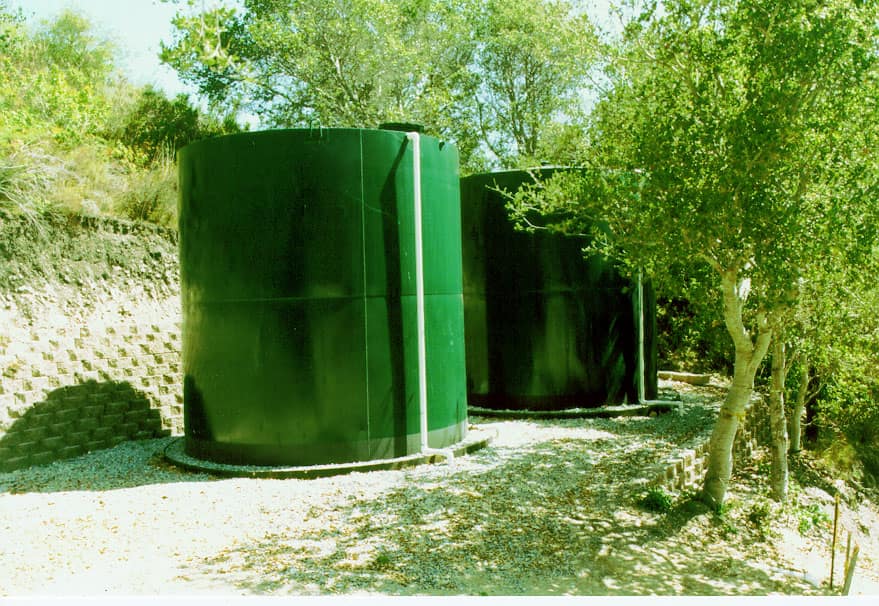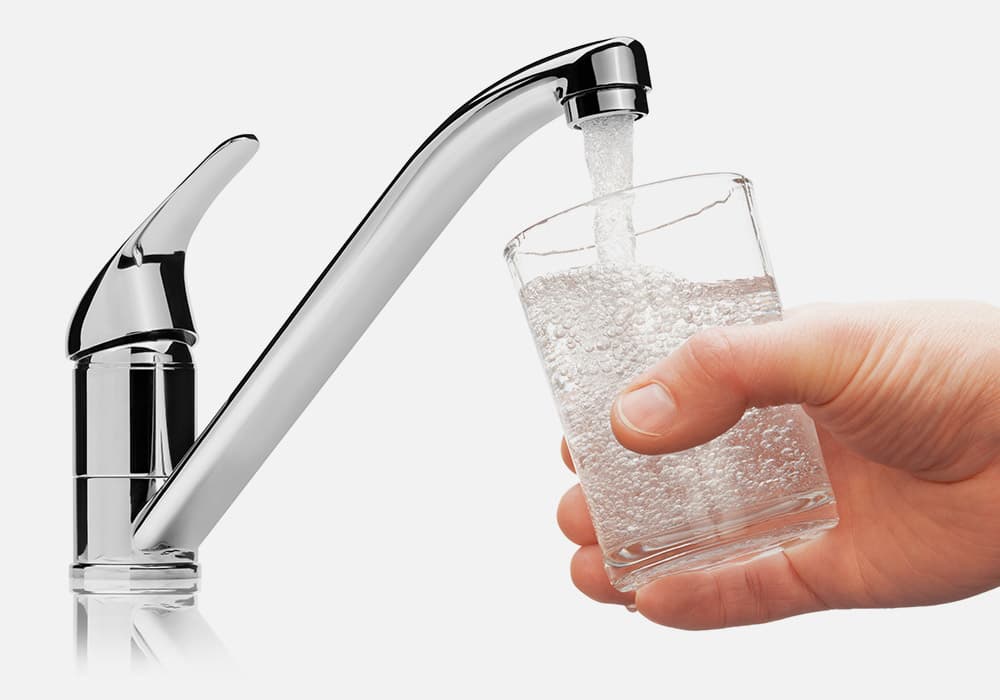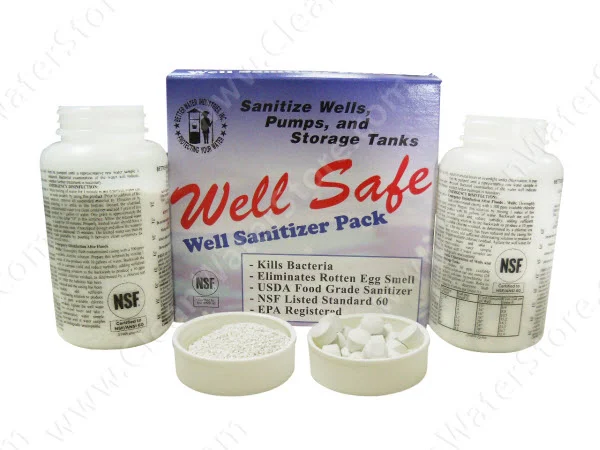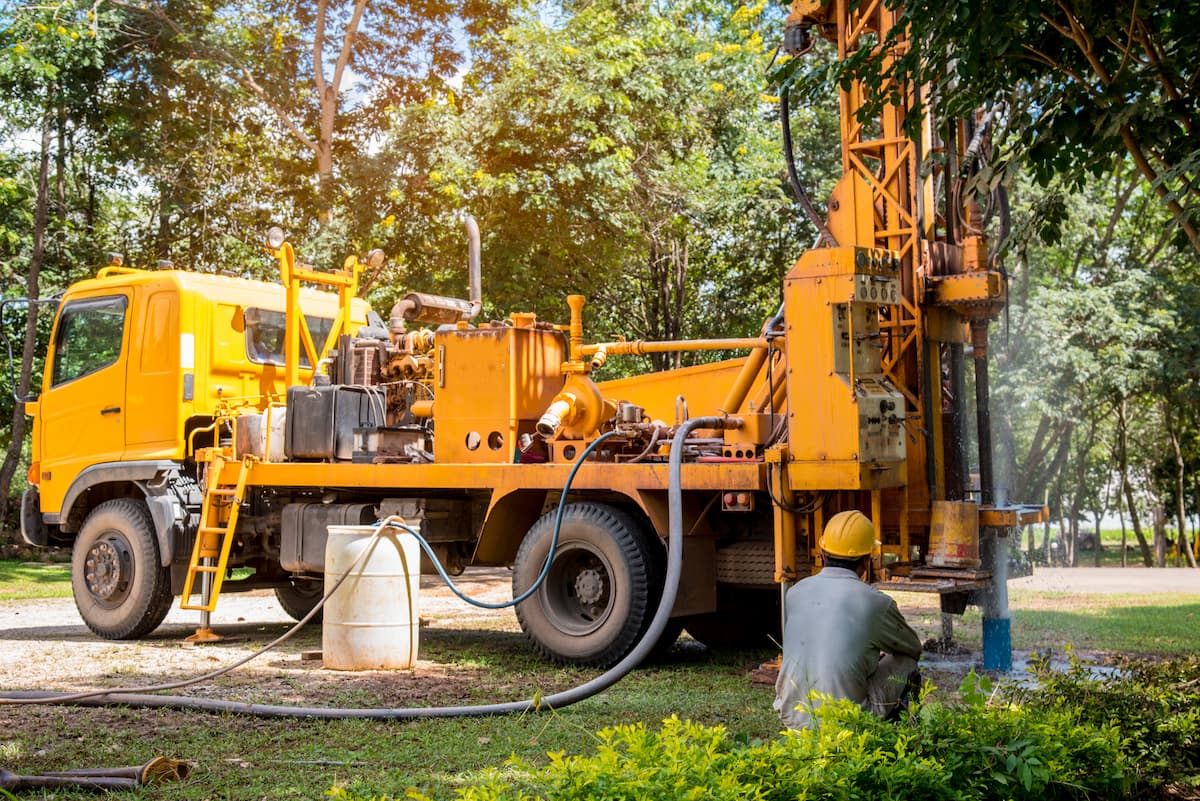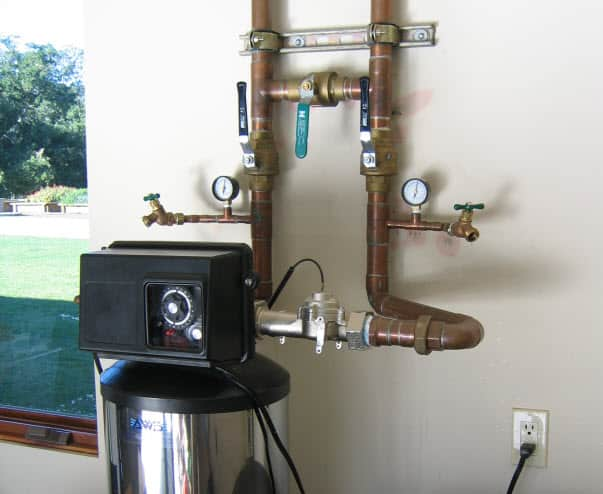What’s the Difference Between Fine Mesh Resin and Standard Resin When Removing Iron?
Fine Mesh vs Standard Softener Resin for Iron Removal
A customer recently asked us about the difference between fine mesh and standard resin for removing iron with a water softener. While we generally recommend an iron filter, a water softener can work under the right conditions for iron removal.
A water softener can be effective if your water’s pH is near 7.0 and your iron is in the rusted (ferric) form—not clear (ferrous). In these cases, fine mesh resin is the better option.
Fine mesh resin is packed more tightly and has a smaller bead size than standard resin, giving it a larger surface area to capture iron. Under optimal conditions, it can remove up to 10 ppm of iron, though 5 ppm is a more realistic expectation.
That said, there are a few drawbacks to using fine mesh resin. It’s more expensive than standard resin and can foul more easily if not properly maintained. If iron builds up on the resin beads without regular cleaning, it can lead to iron slime and reduced performance. Resin cleaners are often required to restore function.
This fouling issue can happen with standard resin, too, but it’s more common with fine mesh because of its tighter packing. When fouled, the resin’s ability to perform cation exchange—replacing calcium and magnesium with sodium—is reduced.
With either resin type, you may also encounter injector fouling. As the water softener pulls brine through a small injector, iron in the water can oxidize and clog this part of the system. Fortunately, these injectors are easy to clean, and regular maintenance can minimize fouling.
To protect your fine mesh resin, consider using an automatic resin cleaner feeder or regenerating the system every few days. However, fine mesh resin needs more frequent backwashing, which increases brine solution use over time.
Understanding Ion Exchange Resin
Ion exchange resin is a crucial component of water softeners, specifically designed to remove dissolved minerals that cause water hardness.
The resin is made of tiny beads packed into a bed inside the softener tank. Each bead carries a negative charge that attracts positively charged ions like calcium and magnesium, common minerals in hard water.
These beads are pre-loaded with sodium ions. As hard water passes through the tank, the resin grabs the hardness ions and releases sodium ions in their place. This ion exchange process softens the water, making it safer for household use.
How Water Softeners Use Resin
Water softeners utilize resin to effectively remove dissolved minerals from water supplies. Inside the water softener tank, the resin is arranged in a “bed” through which the water flows. As the water passes through this resin bed, the negatively charged resin beads attract and capture the positively charged hardness ions, such as calcium and magnesium.
During this process, the resin beads release sodium ions into the water, which replace the captured hardness ions. This exchange softens the water and prevents the buildup of scale in plumbing fixtures and appliances. Over time, the resin beads become saturated with hardness ions and need to be regenerated. During regeneration, a brine solution flushes the resin bed, removing the captured minerals and recharging the beads with sodium ions, readying them for another cycle of softening.
Fine Mesh Resin vs. Standard Resin
When choosing between fine mesh resin and standard resin for your water softener, it's important to know the differences.
Fine mesh resin has smaller, tightly packed beads, giving it a greater surface area for ion exchange. This makes it especially effective at removing iron and other heavy metals, along with hardness minerals.
Standard resin is less expensive and works well for softening water by removing dissolved minerals. However, it’s not as efficient at removing iron.
>>Fine mesh resin is a better choice for homes with high iron levels, even though it costs more and may require more frequent maintenance.
>Understanding your water’s needs and the strengths of each resin type can help you choose the best option for long-term performance and reliability.
If you have any further questions, e-mail us at support@cleanwaterstore.com, contact us on Facebook, or use our online contact form.



